RELA_2025_1_Hof_Bernhard_Navigating_change
Hof,Christiane;Bernhard,MichaelNavigatingchange.TheoreticalperspectivestorelateresearchontransitionsandlearningEuropeanjournalforResearchontheEducationandLearningofAdults16(2025)1,S.7-20Quellenangabe/Reference:Hof,Christiane;Bernhard,Michael:Navigatingchange.Theoreticalperspectivestorelateresearchon...
相关推荐
-
《机械设计基础》试题库及答案VIP免费
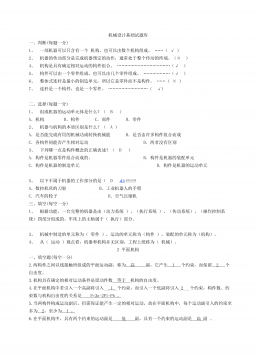
 2024-11-15 27
2024-11-15 27 -
《机械设计基础》机械设计基础试题库VIP免费
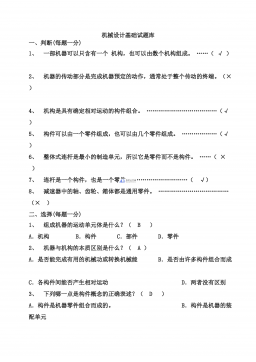
 2024-11-15 16
2024-11-15 16 -
DLT 321-2012 水力发电厂计算机监控系统与厂内设备及系统通信技术规定VIP免费
 2025-04-07 11
2025-04-07 11 -
电工口诀(完整版)VIP免费
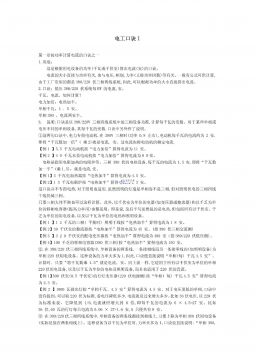
 2025-04-07 7
2025-04-07 7 -
水电工常识VIP免费
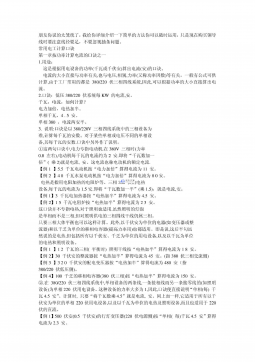
 2025-04-07 11
2025-04-07 11 -
室内装修电工知识VIP免费
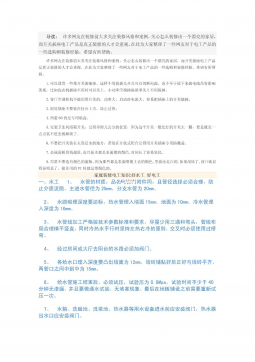
 2025-04-07 7
2025-04-07 7 -
实用电工手册VIP免费
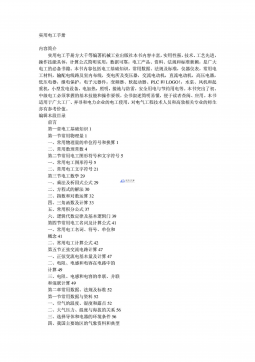
 2025-04-07 8
2025-04-07 8 -
电力事业概论VIP免费
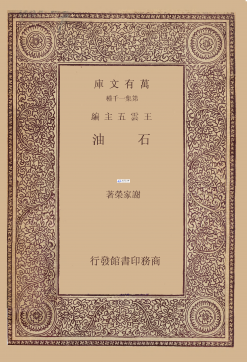
 2025-04-07 6
2025-04-07 6 -
电工手册VIP免费
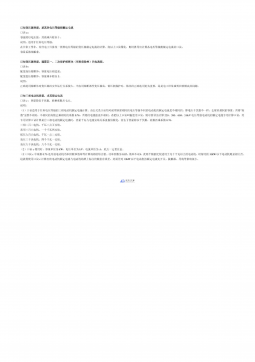
 2025-04-07 8
2025-04-07 8 -
电工手册(20130105171516)VIP免费
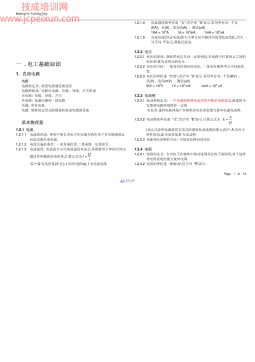
 2025-04-07 11
2025-04-07 11
作者详情
相关内容
-

[新编家用电器使用维修手册(下册)].王其方.文字版
分类:
时间:2025-04-07
标签:无
格式:PDF
价格:5.9 玖币
-
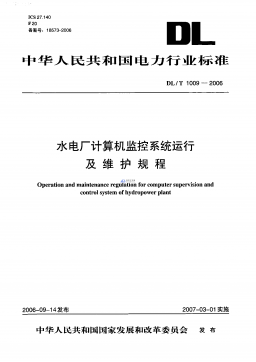
DL T 1009-2006 水电厂计算机监控系统运行及维护规程
分类:
时间:2025-04-07
标签:无
格式:PDF
价格:5.9 玖币
-
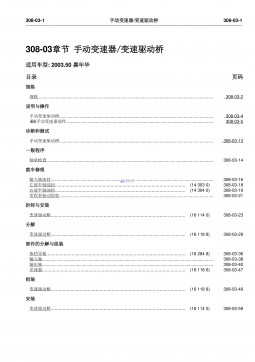
308_03手动变速器变速驱动桥
分类:
时间:2025-04-07
标签:无
格式:DOC
价格:5.9 玖币
-
GBT 2900.87-2011 电工术语 电力市场
分类:
时间:2025-04-07
标签:无
格式:PDF
价格:5.9 玖币
-
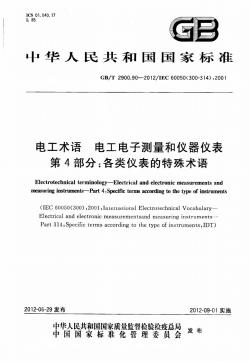
GBT 2900.90-2012 电工术语 电工电子测量和仪器仪表 第4部分:各类仪表的特殊术语
分类:
时间:2025-05-26
标签:无
格式:PDF
价格:10 玖币




 渝公网安备50010702506394
渝公网安备50010702506394
